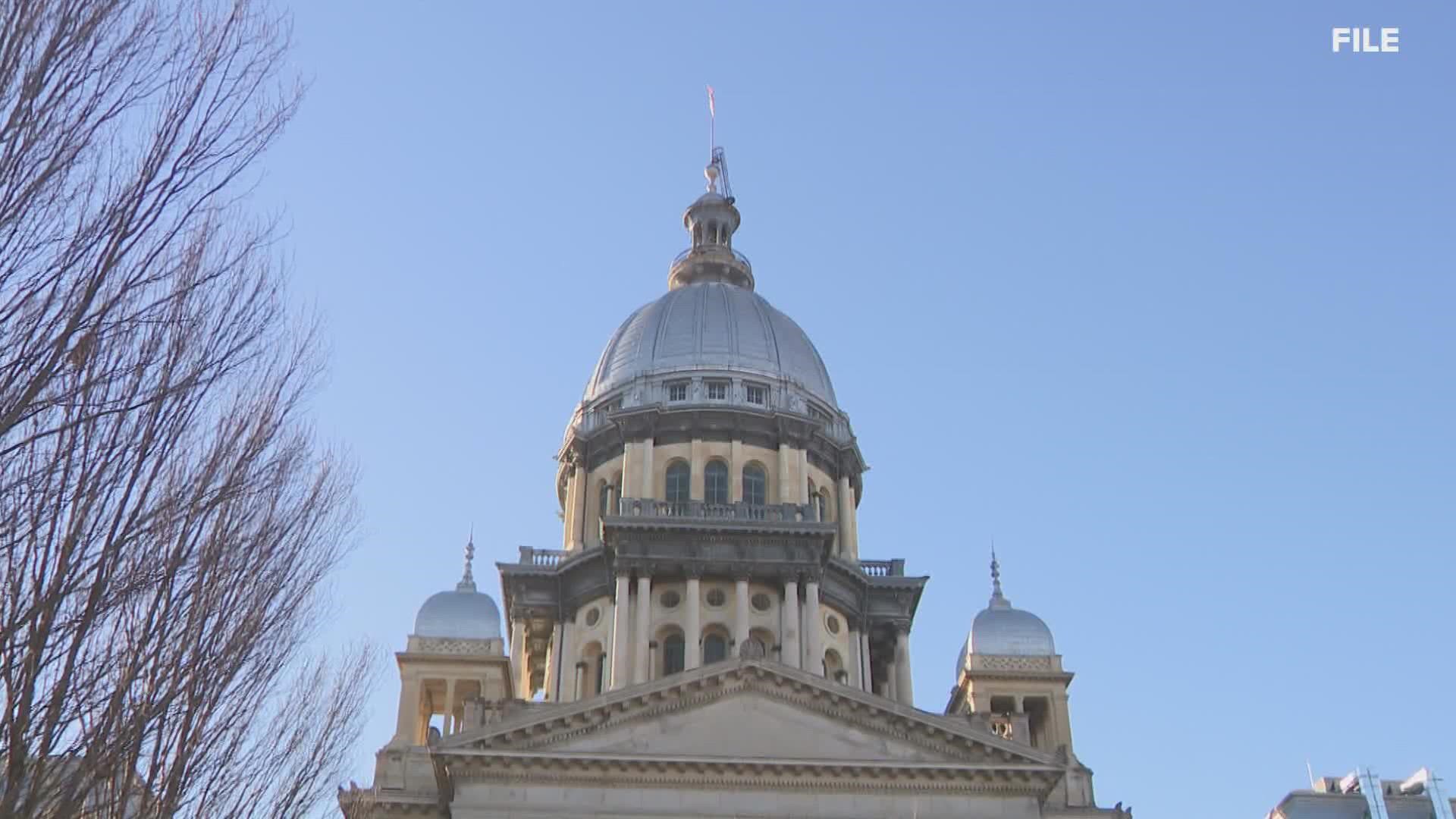SPRINGFIELD, Ill. — A controversial part of the SAFE-T Act was supposed to go into effect in Illinois on Jan. 1, but it was put on hold by the Illinois Supreme Court.
A key and controversial part of the new law would eliminate cash bail. If this law goes into effect it not only affects Illinois residents but anyone else who enters the state.
The hold comes just days after a Kankakee County judge ruled parts of the act unconstitutional.
In Missouri, whenever someone is charged with a crime and they’re dealing with the court system, the judge can set a cash or surety bond to let them out of jail with the promise to appear in court in many cases. They can provide 10% of the amount or use a bail bondsman.
Bail Bondswoman and CEO of Missouri Alternative Pre-trial Services Alena Malone said it’s a lot different in Illinois.
“In Illinois, they only have the option of posting the cash with the courts," Malone said. "There is no bail bondsman in the state of Illinois. Illinois is a bail bondsman state, so all bonds have to be posted directly through that court depending on their county."
In some Illinois counties, part of that cash bail money goes to the county, court system and/or law enforcement, and the rest of it is supposed to be returned to the defendant after the trial.
“But what actually happens is that there are a lot of fines and fees and things they get taken out of that bail while it's with the court," Sarah Staudt with Chicago Appleseed Center for Fair Courts said. "And as a result, a lot of people don't end up getting the majority of their bail money back at the end of their case."
The Pretrial Fairness Act is a section of the SAFE-T Act that would get rid of cash bonds, something Malone said might not be the best idea as money can be a deterrent to committing more crimes.
“A change definitely needs to take place," Malone said. "But eliminating cash bail, I don't think is what needs to take place. Maybe implementing some type of pretrial programs would be what's needed to take place, putting stipulations on their bond, putting electronic home detention on their bond, saying that they must take drug courses, saying that they need to participate in anger management during their bond release. Those types of things will more so secure the community’s safety and help us to continue to deter criminals from committing crimes."
Sharone Mitchell Jr. with the Cook County Public Defenders Office said, in the office's research, the cash bond system only hurts struggling families.
“When you have very poor families bonding folks out there is a significant impact on their family's safety,” Mitchell Jr. said.
A Kankakee County judge found parts of the new law unconstitutional, and Malone agreed.
“Eliminating cash bail, in my opinion, definitely is unconstitutional," Malone said. "Our Constitution states that we have the right to bail, so you cannot just take away our right to bail."
Staudt said she believes it's a misunderstanding of the constitutional phrase.
“The Constitution says all people should be bailable. And what bailable has always meant is releasable, meaning able to be released from custody. Money bail is just a specific kind of condition you can put on someone's release,” Staudt said.
Legal experts said the Illinois Supreme Court ordered the emergency halt of the SAFE-T Act because they believe pretrial procedures need to be consistent throughout the state, which would not have happened if it moved forward on Sunday.
To watch 5 On Your Side broadcasts or reports 24/7, 5 On Your Side is always streaming on 5+. Download for free on Roku or Amazon Fire TV.

